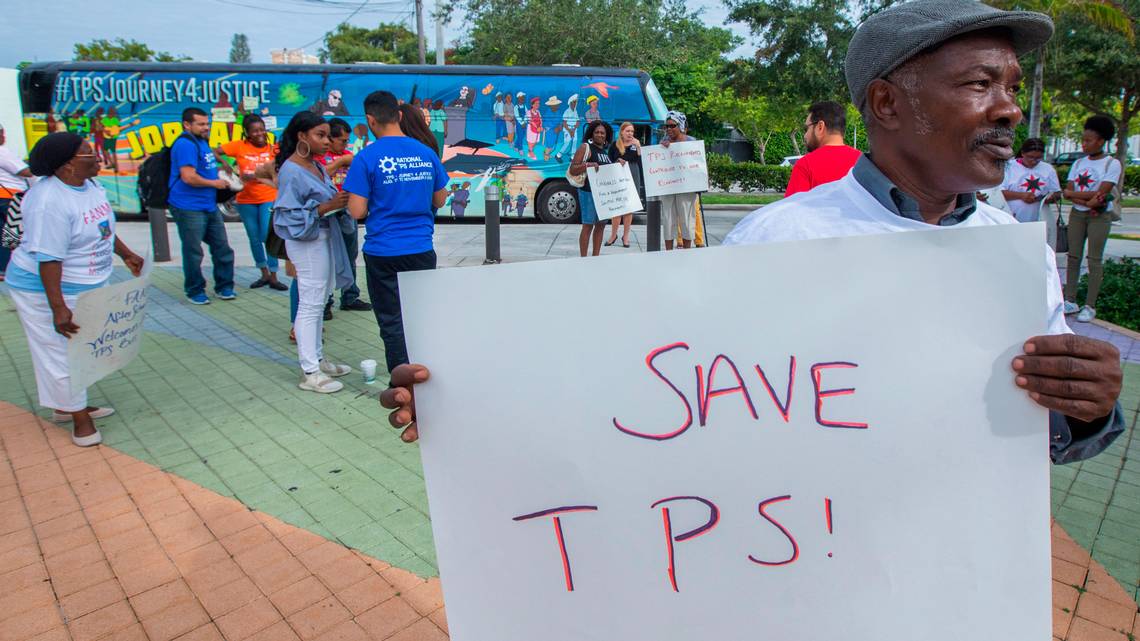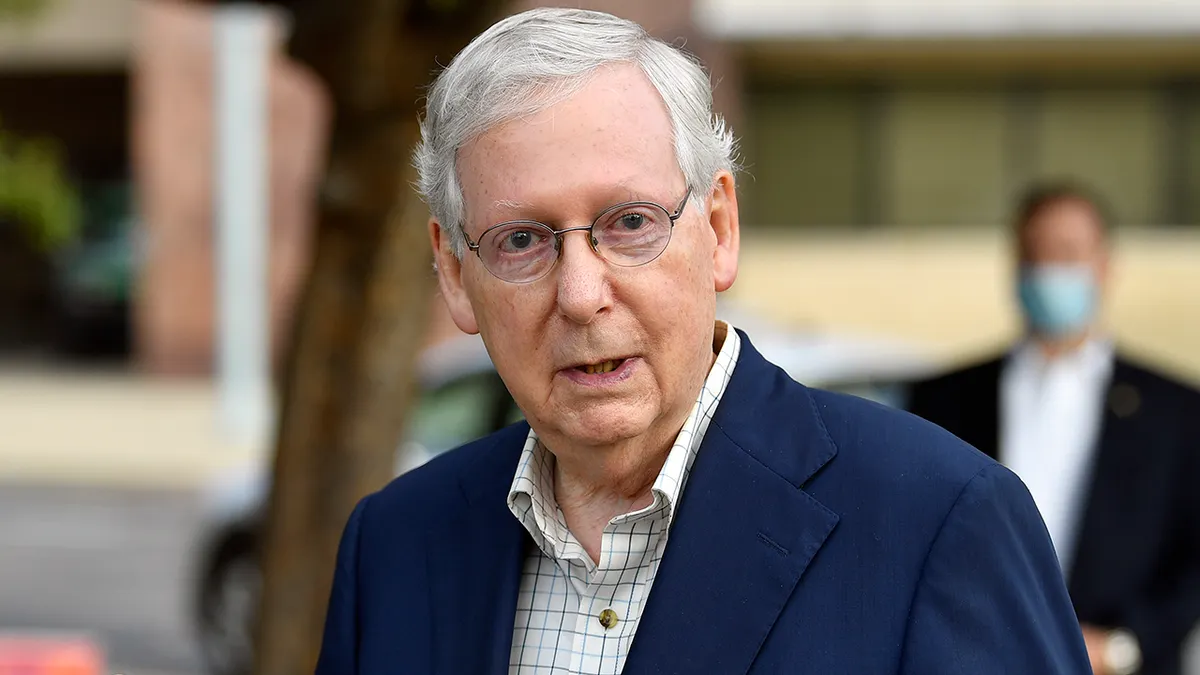In a developing corruption scandal that has sent shockwaves through Haiti’s political landscape, the Unité de Lutte Contre la Corruption (ULCC) has recommended the replacement and legal pursuit of three high-ranking members of the Transitional Presidential Council (CPT). These individuals — Smith Augustin, Emmanuel Vertilaire, and Louis Gérald Gilles — stand accused of soliciting a 100 million gourdes bribe in exchange for supporting the reappointment of Raoul Pascal Pierre-Louis as President of the National Bank of Credit (BNC).
The ULCC’s investigation, initiated after a letter from Pierre-Louis dated July 24, 2024, exposed the alleged scheme. The investigation confirmed the need for a thorough judicial inquiry and formally recommended that the three presidential advisors be removed from office immediately. Pierre-Louis, the former President of the BNC’s Board of Directors, claimed that the three officials demanded the exorbitant sum to guarantee his reinstatement as President of the bank.
Corruption Allegations and Legal Action
The investigation revealed further details regarding the involvement of these officials in the corruption scandal. Pre-approved BNC credit cards were issued to individuals including Augustin, Vertilaire, Gilles, and Lonick Léandre, with limits ranging from $13,500 to $20,000. These cards were used to cover personal expenses, which were eventually intended to be paid off by Pierre-Louis.
Phone records from May to June 2024 showed multiple communications between the parties, reinforcing allegations of a bribery scheme to facilitate Pierre-Louis’ reappointment. The ULCC also found that these officials had abused their positions by negotiating personal benefits and financial privileges, further solidifying the case for corruption charges.
The ULCC has urged the government to take swift legal action against the accused officials, citing violations of the March 12, 2014 anti-corruption law. The charges focus on abuses of power, passive and active corruption, and bribery. The individuals could face penalties such as prison sentences, fines, and permanent disqualification from holding public office.
A Call for Leadership and Accountability
This scandal has ignited widespread public outrage, with mounting calls for transparency and accountability in public office. The ULCC’s recommendations for the legal pursuit and replacement of the three officials are critical first steps toward restoring public trust in Haiti’s governance systems.
The National Bank of Credit (BNC) plays a vital role in Haiti’s economic infrastructure, and the allegations involving its former president and top advisors threaten the credibility of the country’s financial institutions. By recommending their removal, the ULCC seeks to restore order and ensure that ethical leadership is installed in the government and banking sectors.
International Ramifications
The ULCC has also requested the extradition of Raoul Pascal Pierre-Louis, who is believed to be in the United States, to face legal action in Haiti. This extradition process, governed by a treaty between the U.S. and Haiti, could play a crucial role in ensuring accountability for all parties involved. International cooperation would underscore the seriousness of Haiti’s fight against corruption and bolster the legitimacy of the investigation.
Looking Forward
As Haiti grapples with the fallout of this corruption scandal, the ULCC’s recommendations signal a strong stance against abuse of power at the highest levels. The legal pursuit and replacement of these key presidential advisors will be a pivotal step toward rebuilding public trust and ensuring justice.
With the investigation still ongoing, the public eagerly awaits further action from the government, hoping this marks a turning point in Haiti’s fight against entrenched corruption. The outcome of this case may set a precedent for future efforts to address corruption within Haiti’s political and financial systems, demonstrating that no official is above the law.




